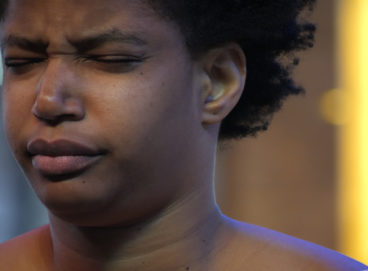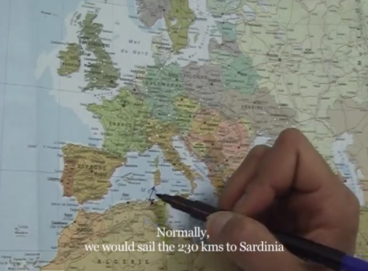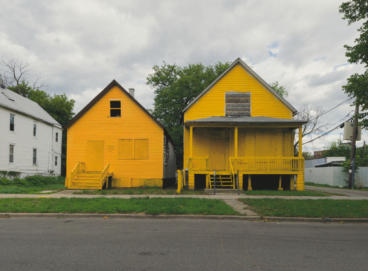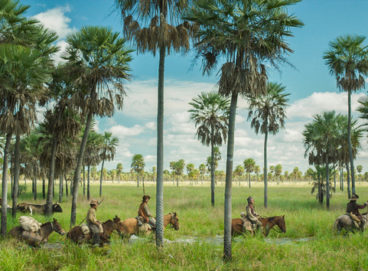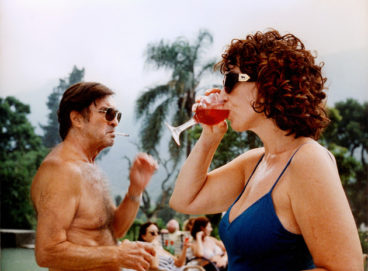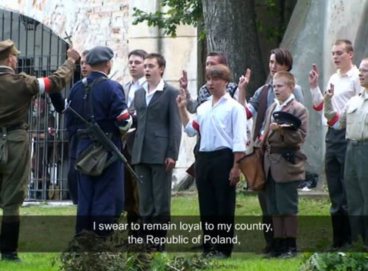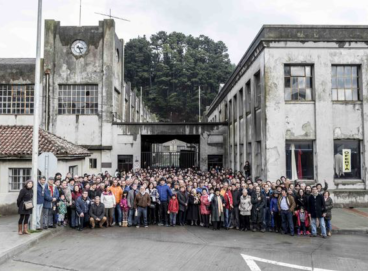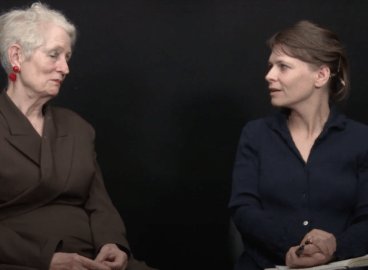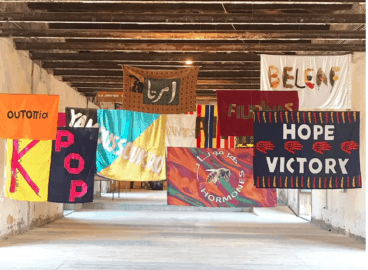En mayo de 2019 la cineasta argentina Lucrecia Martel dio una charla en el MoMA, invitada por el Instituto Patricia Phelps de Cisneros Cisneros. Ya el primer largometraje de Martel, La ciénaga (2001), llamó la atención por la contundencia de sus imágenes, la puesta en tensión con el sonido, la exposición y espacios de quiebre en las relaciones de poder partiendo del núcleo familiar, y una sensorialidad extrema y extrañada. La idea de esta entrevista es dejar una marca escrita de su paso por el MoMA, donde habló sobre un esquema temporal alternativo basado en el sonido.
